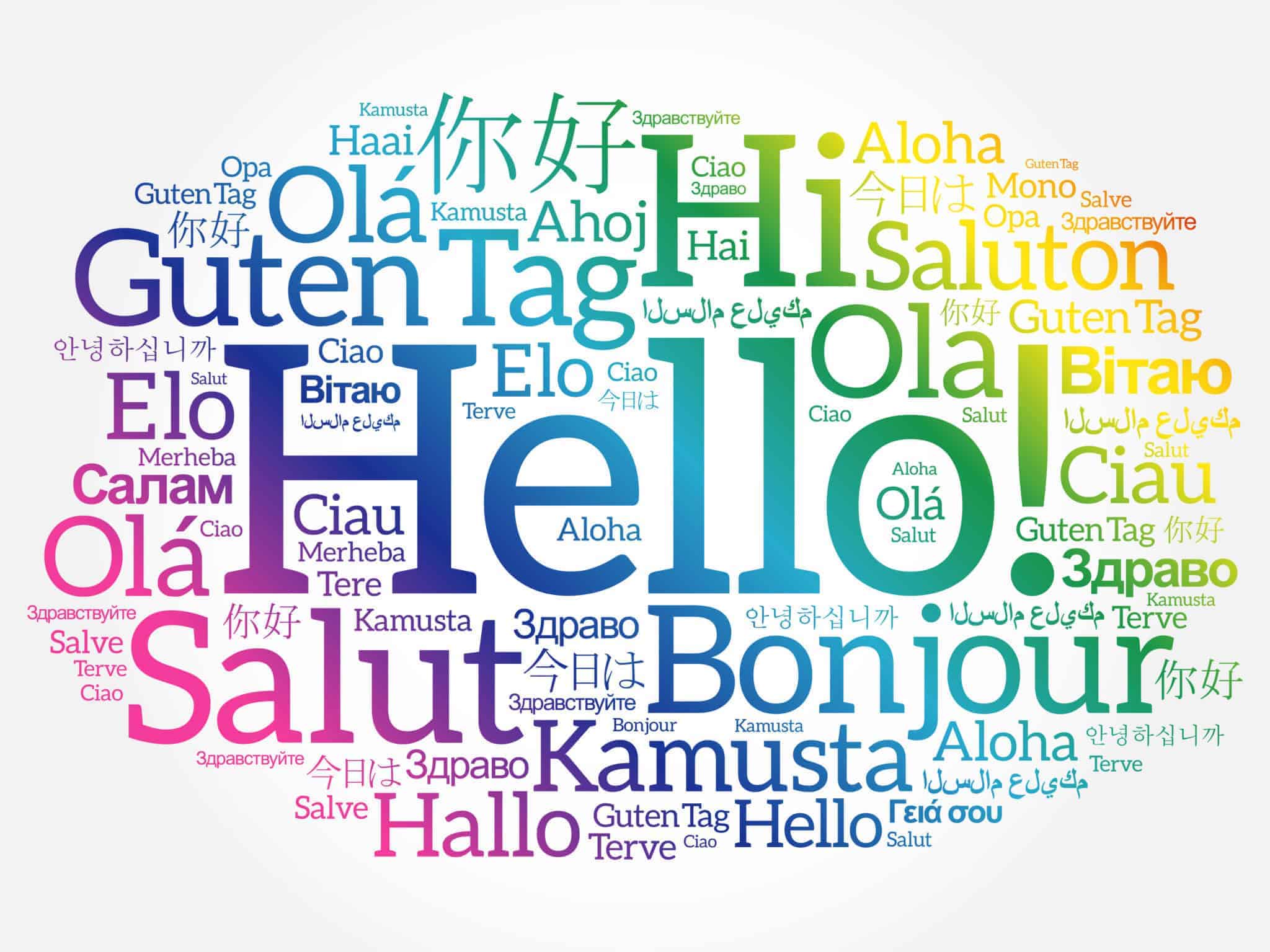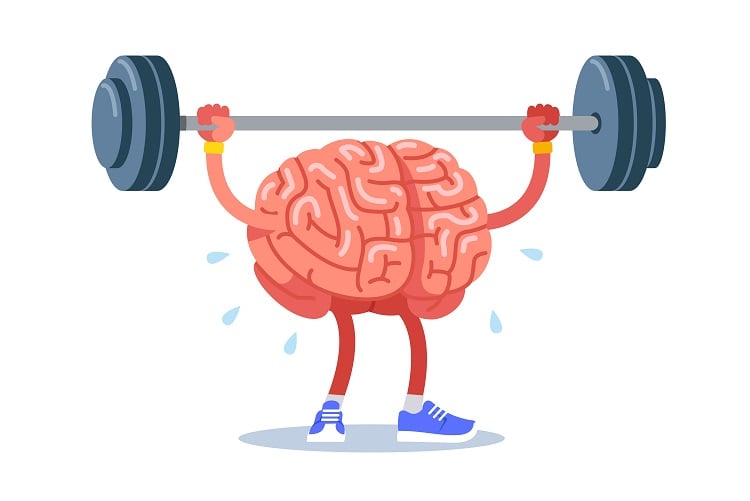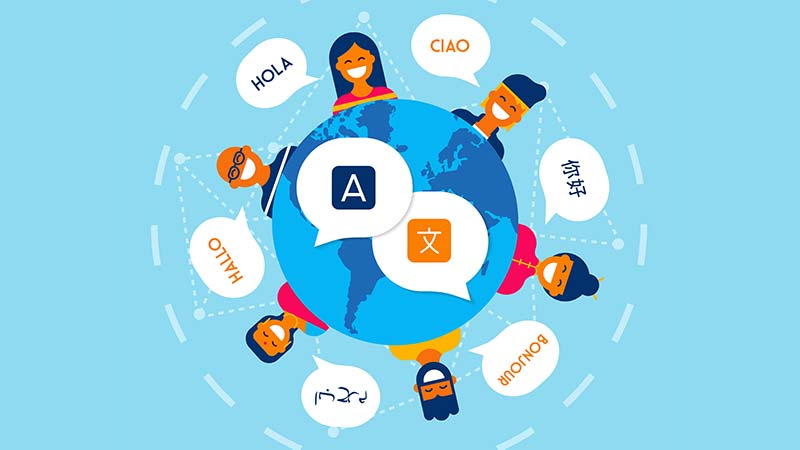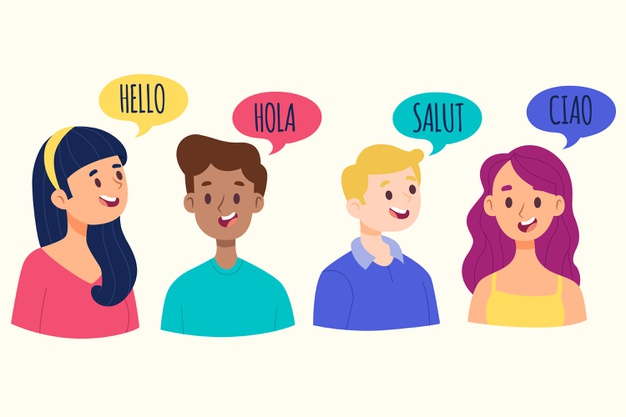Learning Various Languages to Speak Can Make You a Super Freak
November 30, 2021

LEARNING VARIOUS LANGUAGES TO SPEAK CAN MAKE YOU A SUPER FREAK
Imagine being on the sandy beach of Cancún, Mexico, the scent of salty sea water invades your nose and all of a sudden, you hear someone speaking to you. Unfortunately, you might not be too well versed in Spanish so you just kind of have to sit and listen. No one wants an experience like that, so unless you are already bilingual, or even multilingual, it would definitely be a smart idea to start trying to learn another language.
For a lot of people, learning a new language can seem kind of scary and to be fair, it does incorporate new rules and things of that nature. However, once someone gets through learning how the language is constructed and all the hardships that come along with that, then the language becomes a new skill that will surely be able to help them in someway now or in the foreseeable future.

A major benefit of having more than one language under your belt is how it is able to strengthen someone’s mind. “Teaching another language cements ones knowledge of their first language especially in the case of Spanish & English because they share many qualities and are structured similarly,” Greenway Spanish teacher Señor Bucher said. Of course, teaching and actually learning a language are obviously difficult in different ways and each have their own downsides.

However, if someone were to assume that learning a language helps to nurture the brain because it isn’t all too different from teaching the language they wouldn’t be far from the truth. According to Kevin William’s article “Why learning multiple languages is important” in Inlingua, it says that even just putting time towards being able to grasp a new language helps to improve cognitive activity. This essentially means that there’s an increase in the ability to focus, memory, and comprehension skills. Plus, being bilingual makes someone naturally more observant and helps to expand their vocabulary in both languages.

Along with the mental benefits, knowing how to speak another language can help to improve someone’s social life. If someone wants to travel across the globe, knowing the basics of a few languages would be insanely useful. Even without being completely fluent, odds are they are going to be able to navigate the foreign country much better than someone who hadn’t done any studying prior to their trip.

In fact, Greenway German teacher Frau Walker said that several of her the students she has taught went to study German in college and have even gone to Germany. More likely than not, those students who took German and then were able to have basic conversations in another country had a good time traveling internationally. Say someone was the one doing the traveling in this situation. Wouldn’t it be so much more enjoyable if they could utilize their skills and not have such a rough language barrier to get through? Now imagine if someone were to actually move to an entirely new country and on top of that, learn a brand new language.

Well, another benefit of attempting to understand a new language is that it increases the empathy someone would have for those who are trying to do the same thing and overall just making you a better person. “Learning another language has benefitted me because I have a newfound respect for people coming to this country and learning a new language as a grown adult, especially because English is one of the more difficult languages to learn,” Senior Kylie Planty said.
A lot of this might seem kind of far from reality, but we can even see bilingualism, or even multilingualism, in our own homes. “Both my mother, father, and relatively all of my extended family speak Bosnian and French. I, myself, also speak both those languages,” Freshman Larisa Hatic said. Hatic also said that talking in Bosnian and French with her relatives makes her bond with them much better and that it gives their conversations a deeper meaning than they would have in English.

In addition, there are many professional opportunities that become more readily available when you aren’t monolingual. Employers, especially in areas like retail or customer service, are more likely to hire someone who has the ability to accommodate more people, meaning they are going to look for people who are at least bilingual. Obviously, this won’t always be the case, however it is something to think about. After the hiring process, the pay of a job can definitely be affected by how many languages someone can speak. According to Matt Schwartz’s article “The Career Advantages of Being Bilingual in Schwartz Insurance Group, bilingual employees can a 5-20% increase in their pay just because they aren’t monolingual. Who wouldn’t want a bonus in their pay solely because of the languages they speak?

If none of that has given you a good idea of how helpful being bilingual can be, take into account the health benefits. Research done by the University of Waterloo (UW) shows that those who are multilingual are less likely to develop dementia as quickly as those who aren’t. The researcher at UW conducted a study about 325 nuns and how being multilingual has affected their brain health and wrote about the results in the Journal of Alzheimer’s Disease. Only 6% of those who were multilingual had developed dementia in comparison to the 31% of nuns who were monolingual. Co-author of Journal of Alzheimer’s Disease, Suzanne Tyas said that it makes sense for the sisters who spoke multiple languages to have brains that are in better shape because they are constantly exercising their mental muscles. To summarize, the aging of your brain is slowed when you know 2 or more languages.

All in all, there’s no massive downside to learning a new language so if you haven’t already, you should definitely go for it! Sure, there may be some speed bumps throughout the learning process but that shouldn’t discourage you from chasing after this very achievable goal.





















Marlon Martinez • Dec 3, 2021 at 8:14 pm
Love the article and I couldn’t agree more with what you wrote. Keep it up mija.
Marisa Herrera • Dec 3, 2021 at 5:24 pm
Great & useful article!! Great job Daanika
Virginia • Dec 3, 2021 at 2:03 pm
Great article Daanika. I have always admired so many in your family who are bilingual.